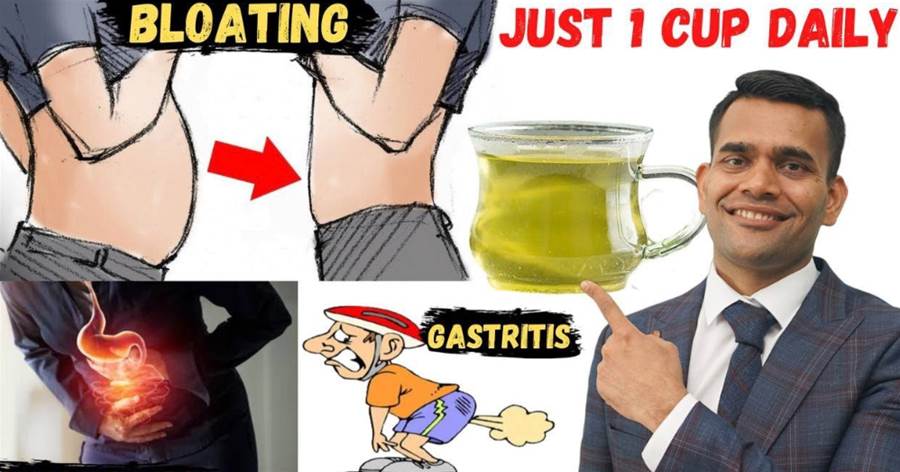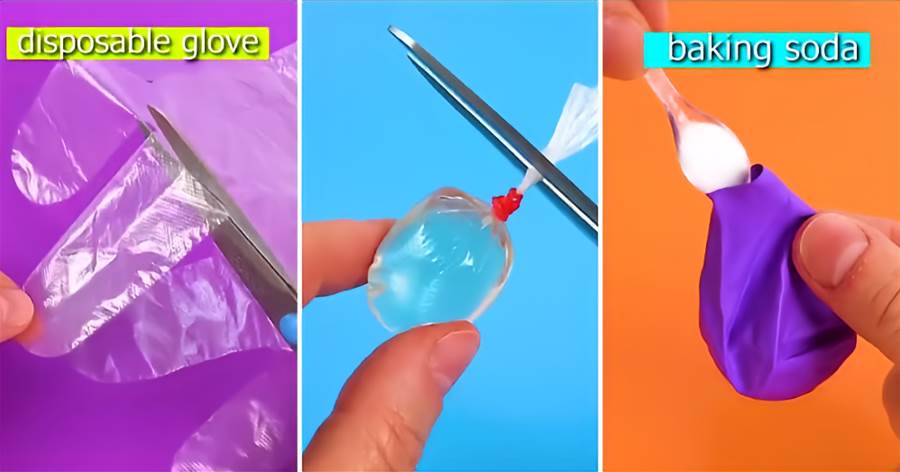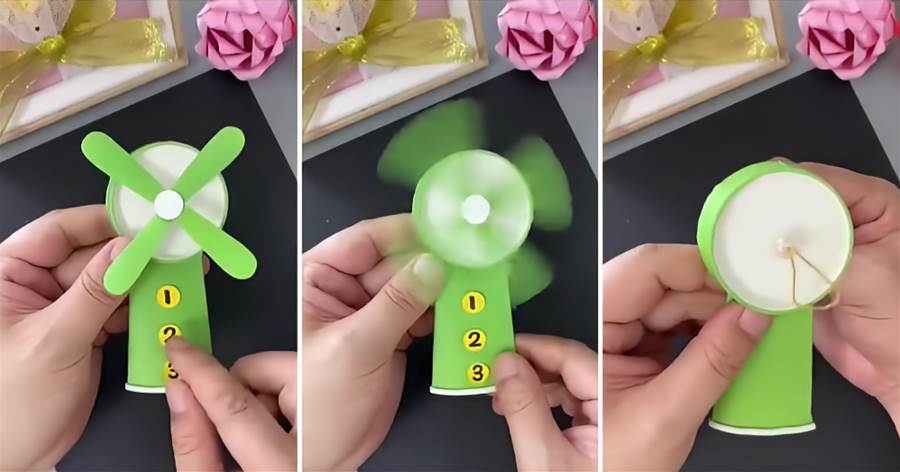
We all know that maintaining a healthy lifestyle is essential, but what if some everyday habits you barely notice could be silently damaging your kidneys? You might not think twice about a certain snack or activity, yet these seemingly innocent choices can add up over time, leading to kidney troubles.
Let’s take a closer look at some common daily habits that may be stealthily undermining your kidney health and what you can do to change course.
Painkillers, particularly nonsteroidal anti-inflammatory drugs (NSAIDs) like ibuprofen, are often a go-to for minor aches and pains. While they can be effective for relieving discomfort, regular use or overuse can be harsh on the kidneys. NSAIDs reduce blood flow to the kidneys, which can eventually impair their function.
Instead of relying on these drugs frequently, consider alternative pain relief methods like yoga, stretching, or even just resting when aches arise.
Salt is everywhere in our diets, from packaged foods to restaurant meals. While it adds flavor, excessive sodium consumption can elevate blood pressure, putting significant strain on the kidneys. When your body holds onto too much sodium, the kidneys have to work overtime to excrete it, which can lead to damage over time.
Reducing your salt intake is one of the simplest yet most effective ways to protect your kidney health.
Staying hydrated is vital for many bodily functions, including kidney health. When you don’t drink enough water, your kidneys struggle to eliminate toxins, which can lead to the formation of kidney stones. A good rule of thumb is to aim for about 8 glasses of water per day, but keep in mind that your needs may vary based on activity level and climate.
Listen to your body, and drink when you’re thirsty.
It might seem harmless to occasionally delay a trip to the bathroom, but regularly holding in your urine can have serious consequences for your kidneys. Doing this repeatedly increases the pressure inside your urinary system, which can lead to urinary tract infections and, in severe cases, kidney damage. So, the next time you’re tempted to hold it in, make it a point to prioritize that bathroom break.
Sugary drinks like soda, sweetened teas, and energy drinks are not only bad for your waistline; they’re also bad news for your kidneys. High sugar intake can lead to obesity and diabetes, both of which are significant risk factors for kidney disease. If you’re craving a sweet drink, try a natural alternative like flavored water or herbal tea.
We all know smoking is harmful to your lungs and heart, but did you know it also damages your kidneys? Smoking slows blood flow to the kidneys and worsens conditions like high blood pressure and diabetes, both of which are major contributors to kidney disease.
The good news is that quitting smoking can gradually improve kidney function, even in long-time smokers.
High-protein diets have gained popularity for weight loss and muscle building, but too much protein can stress the kidneys. When protein is broken down in the body, it produces a byproduct called urea, which the kidneys must filter out. Over time, a high-protein diet can overwork the kidneys, especially if they’re already compromised.
Moderating your protein intake can help take the pressure off your kidneys.
Your body, including your kidneys, requires downtime to repair itself. Chronic sleep deprivation affects your body’s ability to regulate kidney function and can exacerbate conditions like high blood pressure. Make sleep a priority by setting a regular bedtime, creating a calming pre-sleep routine, and aiming for 7-9 hours of quality sleep each night.
If you’re in the habit of only visiting the doctor when something feels wrong, you’re not alone. However, skipping regular health check-ups means missing out on early detection of potential kidney issues. Simple blood and urine tests can catch early signs of kidney problems, allowing you to take action before they become severe.
These everyday habits might not seem like a big deal on their own, but when combined, they can significantly increase your risk of kidney damage.
By making some small adjustments—drinking more water, moderating protein intake, or cutting down on painkillers—you could be doing your kidneys a huge favor.
Are you guilty of any of these habits? Share your thoughts or tips on maintaining kidney health in the comments below!



















